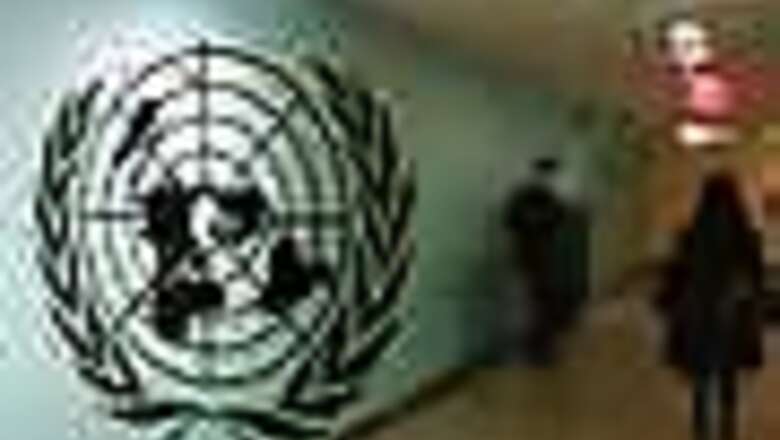
views
The Indian Foreign Service (IFS) was formed in the year of 1946. The cadre controlling authority for IFS is the Foreign Secretary. After selection, the training program consists of two stages, at Lal Bahadur Shastri National Academy of Administration, Massouri and then at the Foreign Services Institute in New Delhi.
Functions of IFS Officers
As a career diplomat, the Foreign Service Officer is required to project India’s interests, both at home and abroad on a wide variety of issues. These include bilateral political and economic cooperation, trade and investment promotion, cultural interaction, press and media liaison as well as a whole host of multilateral issues.
The main functions can be summarized as:
- Representing India in its Embassies, High Commissions, Consulates, and Permanent Missions to multilateral organizations like UN;
- Protecting India’s national interests in the country of his/her posting;
Promoting friendly relations with the receiving state as also its people, including NRI / PIOs;
- Reporting accurately on developments in the country of posting which are likely to influence the formulation of India’s policies;
Negotiating agreements on various issues with the authorities of the receiving state; and
- Extending consular facilities to foreigners and Indian nationals abroad.
At home, Ministry of External Affairs is responsible for all aspects of external relations. Territorial divisions deal with bilateral political and economic work while functional divisions look after policy planning, multilateral organizations, regional groupings, legal matters, disarmament, protocol, consular, Indian Diaspora, press and publicity, administration and other aspects.
Cadre size: 618 posts (direct recruitment: 87%, promotion: 13%)




















Comments
0 comment